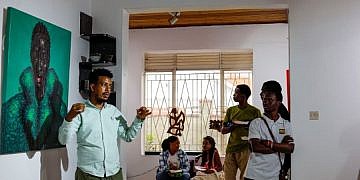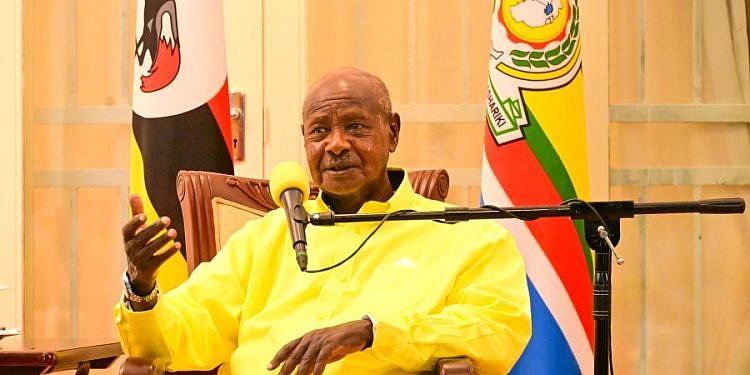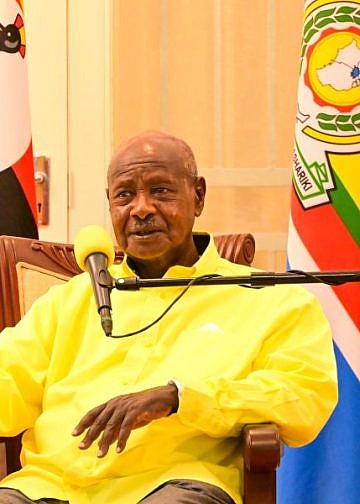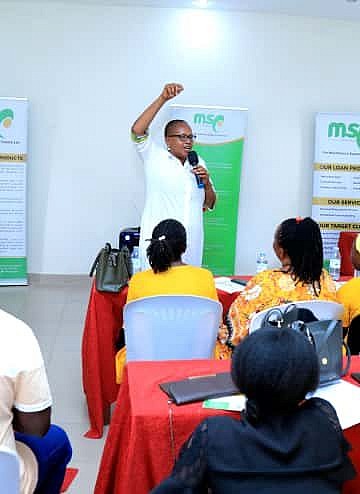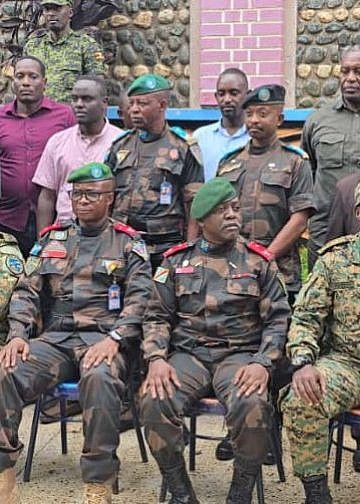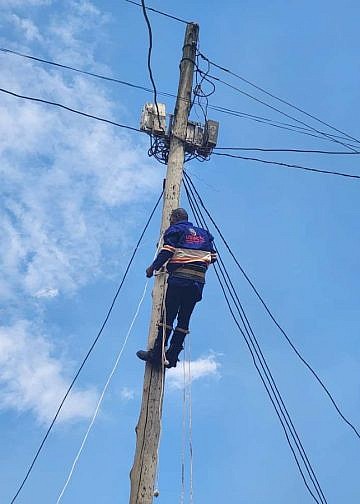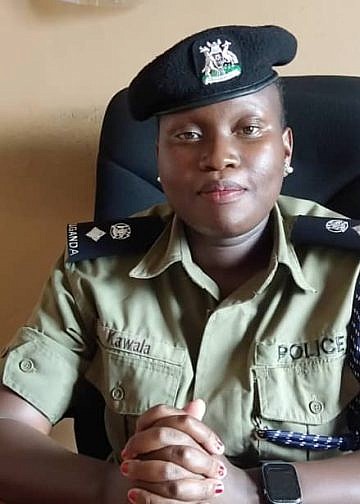President Museveni has urged National Resistance Movement (NRM) grassroots leaders to intensify mobilisation across all sectors of society as the party launches its village-level campaigns ahead of the 2026 elections.
While addressing district leaders and other mobilisers at the Mayuge State Lodge on Tuesday evening, Museveni instructed NRM chairpersons to ensure that campaign teams fully penetrate workplaces and community hubs, not just residential areas.
“Villages are known, but workplaces also include factories, hotels, markets, and schools. Ensure these places are reached and have resident mobilisers. If it is a factory, we must have people mobilising from within,” he said.
Museveni urged coordinators to use school patriotic clubs not only to engage voters but also to sensitise the youth about the achievements of the ruling party.
He also directed teams to tap into key social influencers—such as taxi drivers—who he said shape public opinion through daily interactions with passengers.
The President outlined a structured mobilisation strategy, advising campaign teams to conduct meetings at the parish level. These meetings are expected to bring together 63 NRM committee members from each village.
He explained that if each of the 63 mobilisers convinces at least three additional people, the multiplier effect across the country’s 72,000 villages would deliver a significant electoral advantage.
“This approach would give us a massive win,” Museveni said.
Turning to opposition politics, Museveni dismissed presidential aspirants Robert Kyagulanyi, Nathan Nandala Mafabi, and Mugisha Muntu, accusing them of spreading falsehoods and serving foreign interests.
“It is very easy to discredit these so-called candidates who go around telling lies. Some are working for foreign interests and are worried that Uganda is becoming strong,” he remarked.
Museveni also addressed concerns about the delayed reconstruction of several major roads, including the Fort Portal–Mityana route.
He attributed the delays to competing priorities introduced by civilian leaders who push for new cities, districts, and salary increments.
“The problem is prioritization. We, the bush people, believe in strict prioritization. Civilian leaders chase cheap popularity, touching small things here and there, trying to be everywhere and ending up nowhere,” he said.
The President argued that road infrastructure should take precedence over administrative expansions and salary pressures.
“A road benefits many people, while salaries benefit only those who earn them. A road is more important than creating a new district,” he said.
He said this should be explained to the population as part of the mobilization strategy so they can easily understand why some things have been done and others are not yet done.
“The people must understand the work of NRM, what is to be done, and the obstacles we face as we serve the people. This strategy of using structures is what we thought about on how to effectively convey the NRM message. We decided this is the best way targeting villages where people live and the work place, he said.
The NRM Secretary General, Richard Todwong hailed President Museveni for this strategy that he said will deliver results.














